Harpers Ferry to Brownsville
Along the National Road
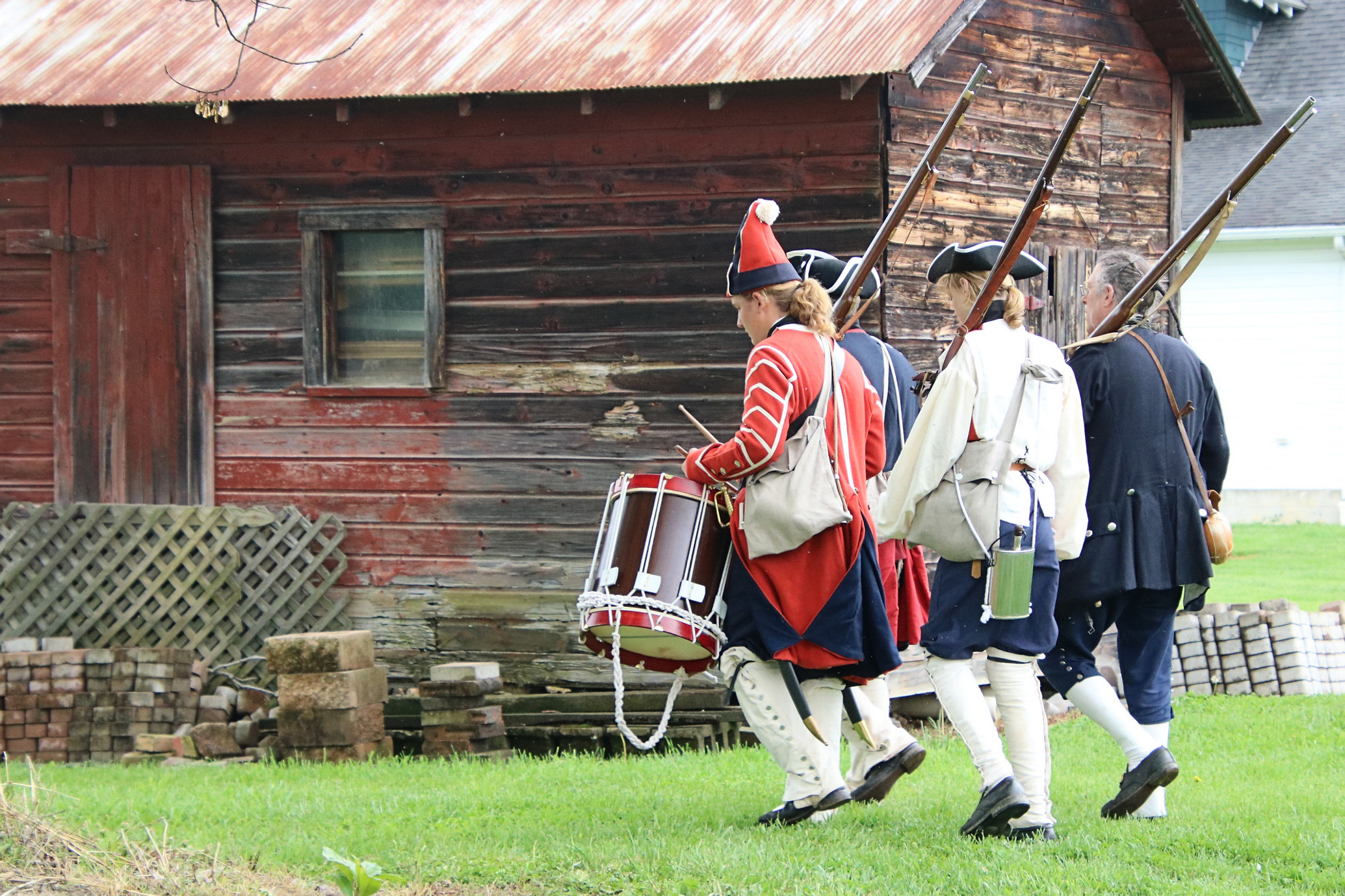

When Meriwether Lewis left Harpers Ferry for Pittsburgh via Brownsville, he followed a corridor traveled for millennia. On July 8, Lewis wrote President Jefferson:
“I shall set out myself in the course of an hour, taking the rout of Charlestown, Frankfort, Uniontown and Redstone old fort to Pittsburgh, at which place I shall most probably arrive on the 15th.”
Today’s modern traveler can retrace Lewis’s route—a course followed by Native Americans, soldiers in the French and Indian War, and Lewis’s own Virginia Militia in the Whiskey Rebellion.
Follow along at our educational website starting with July 8, 1803 and ending July 15, 1803.
You may also like our L&C Travel Magazine!
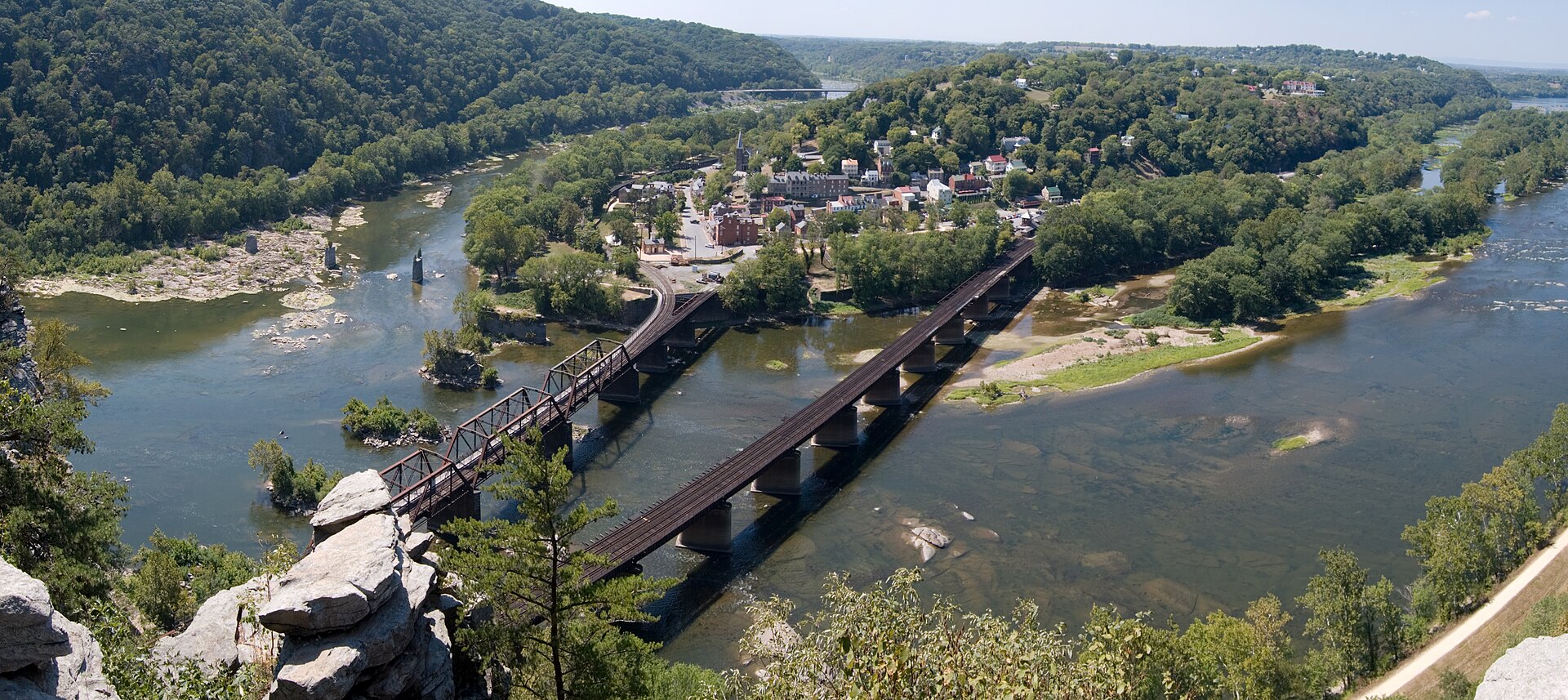
Harpers Ferry is an entire destination on its own and the start of this Inspiration Trip.
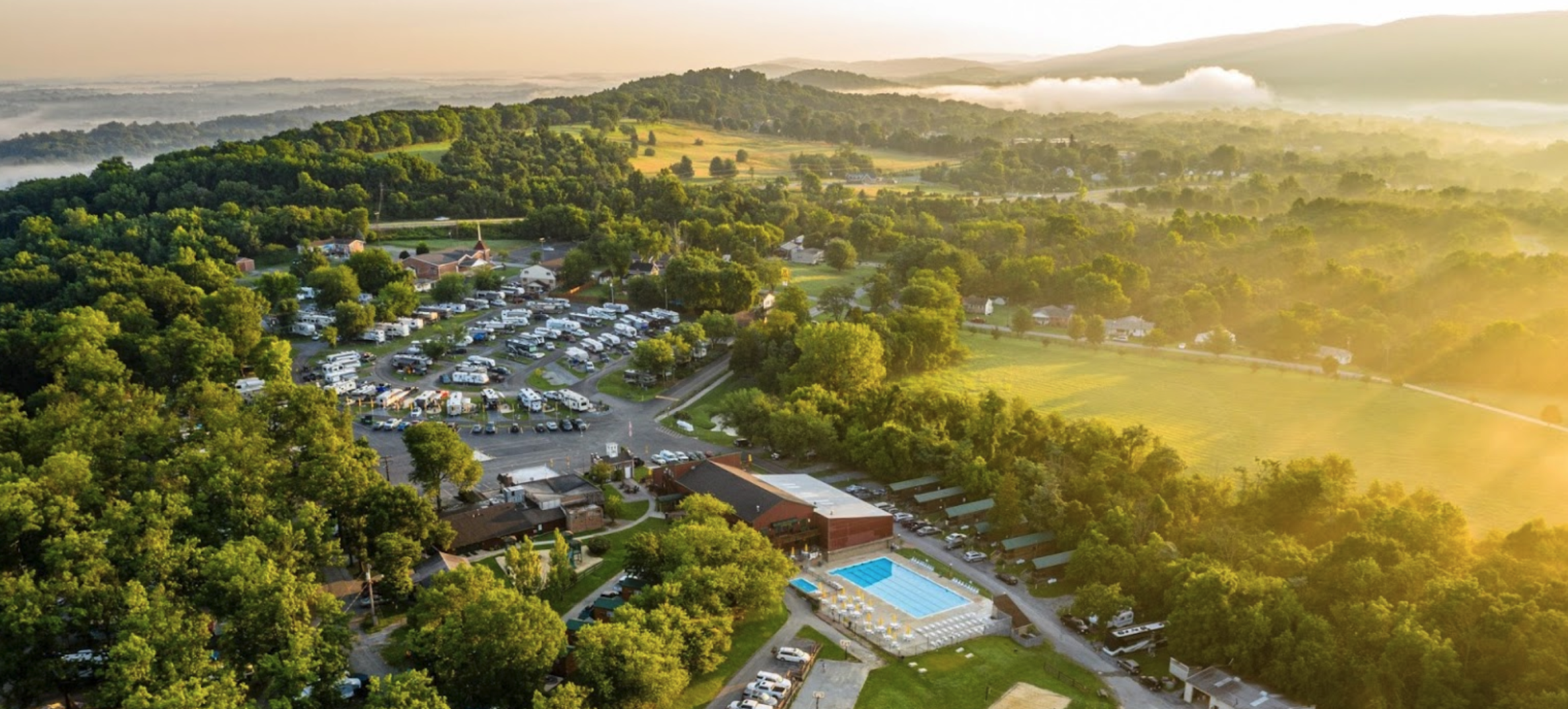
343 Campground Rd, Harpers Ferry, WV 25425, USA
0 mi
View Listing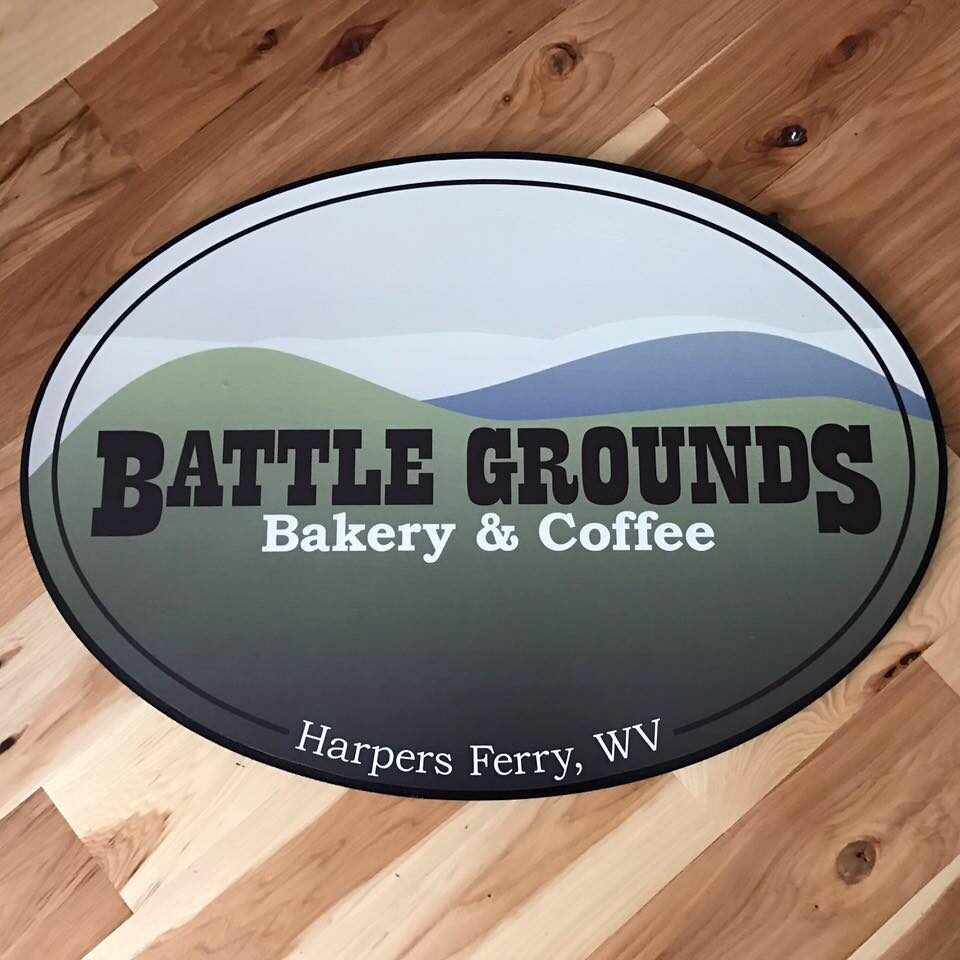
Battle Grounds Bakery & Coffee, High Street, Harpers Ferry, WV, USA
1 mi
View Listing
As the northern gateway to the Shenandoah Valley, the Charles Town site has been traveled by Native Americans, George Washington, and Meriwether Lewis on his way from Harpers Ferry to Pittsburgh. The Jefferson County Museum celebrates that history.
Exhibits include “Native Americans in the Shenandoah Valley”, “The Washington Family”, “John Brown Raid”, “Civil War”, “Harriet Lane Johnston”, and “The Founding of Store College”. The visitor can also see a collection of wagons such as Lewis may have hired, a history the Charles Town Races, coal mining, and Jefferson County photographs.
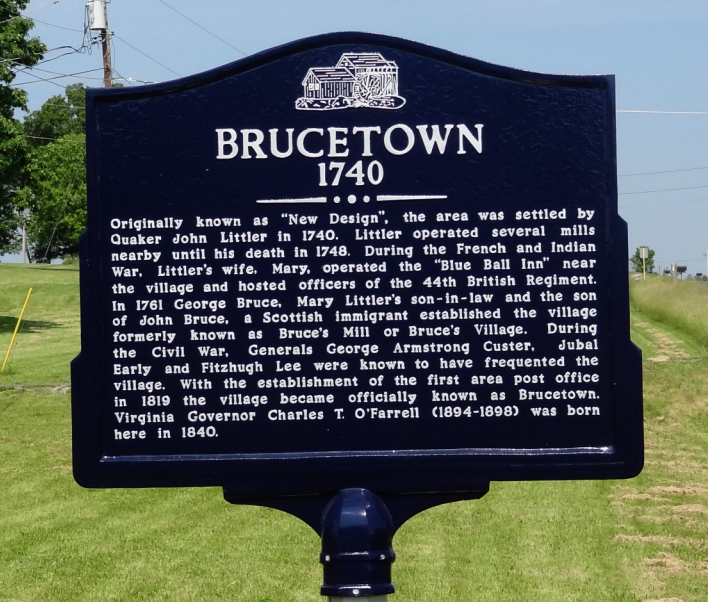
The old road road goes from Charles Town to Brucetown established in 1740. Including the town’s historic marker as a stop will route you closer to Lewis’ 1803 trip. The sign begins “Originally known as ‘New Design’, the area was settle by Quaker John Littler in 1740. Littler operated several mills nearby . . . .”
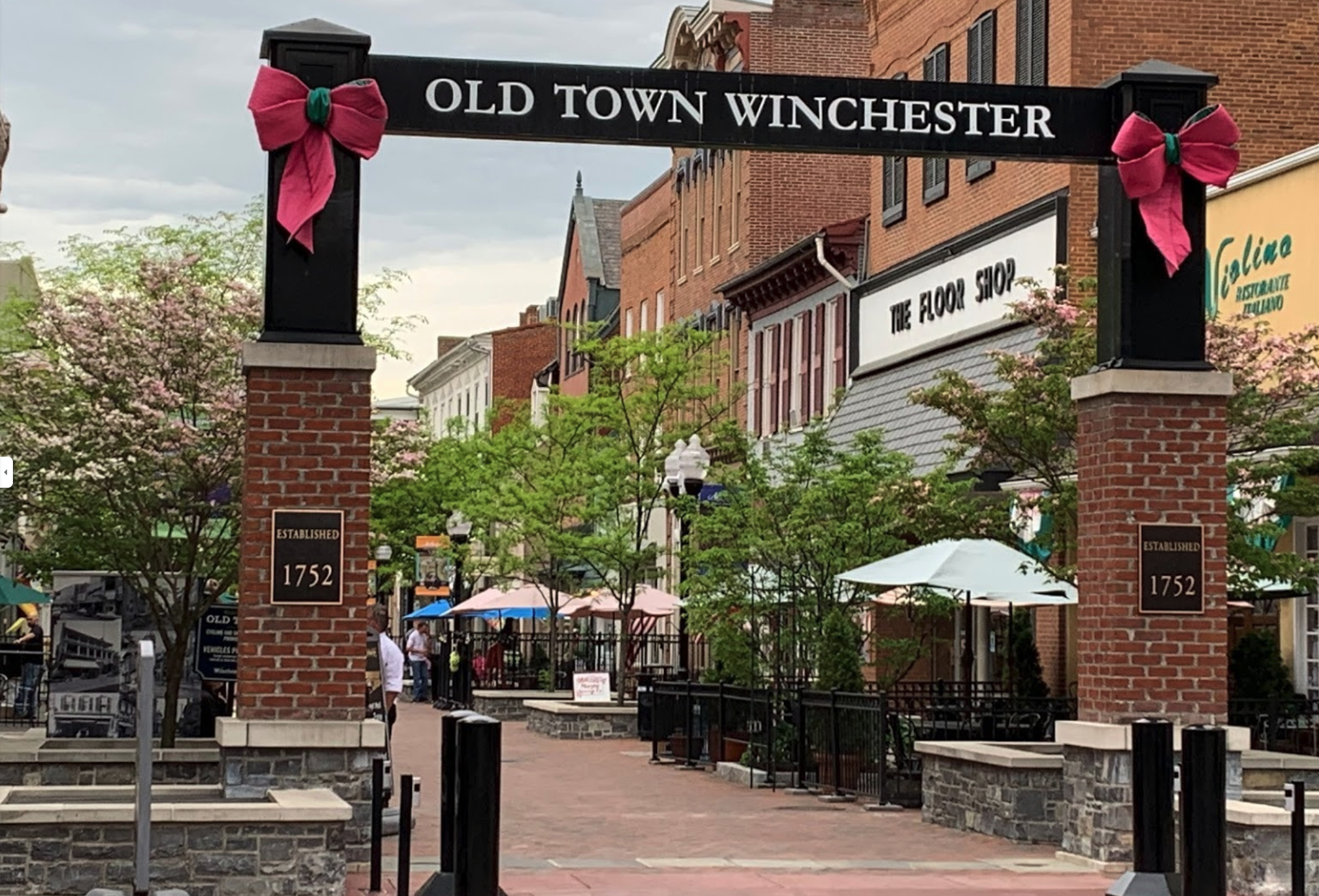
Although the original road bypassed Winchester, West Virginia, a short drop to the south brings you to several historic attractions including Old Town Winchester, the Museum of the Shenandoah Valley, and the Shenandoah Valley Discovery Museum.

In July 1803, Meriwether Lewis traveled a route he knew from his time as a soldier in the Whiskey Rebellion, and he specifically mentioned passing through Frankfort. During the French and Indian War (c. 1756), George Washington had a fort built here. Today, Ashby’s Fort Museum gives visitors an opportunity to experience the area’s cultural heritage.
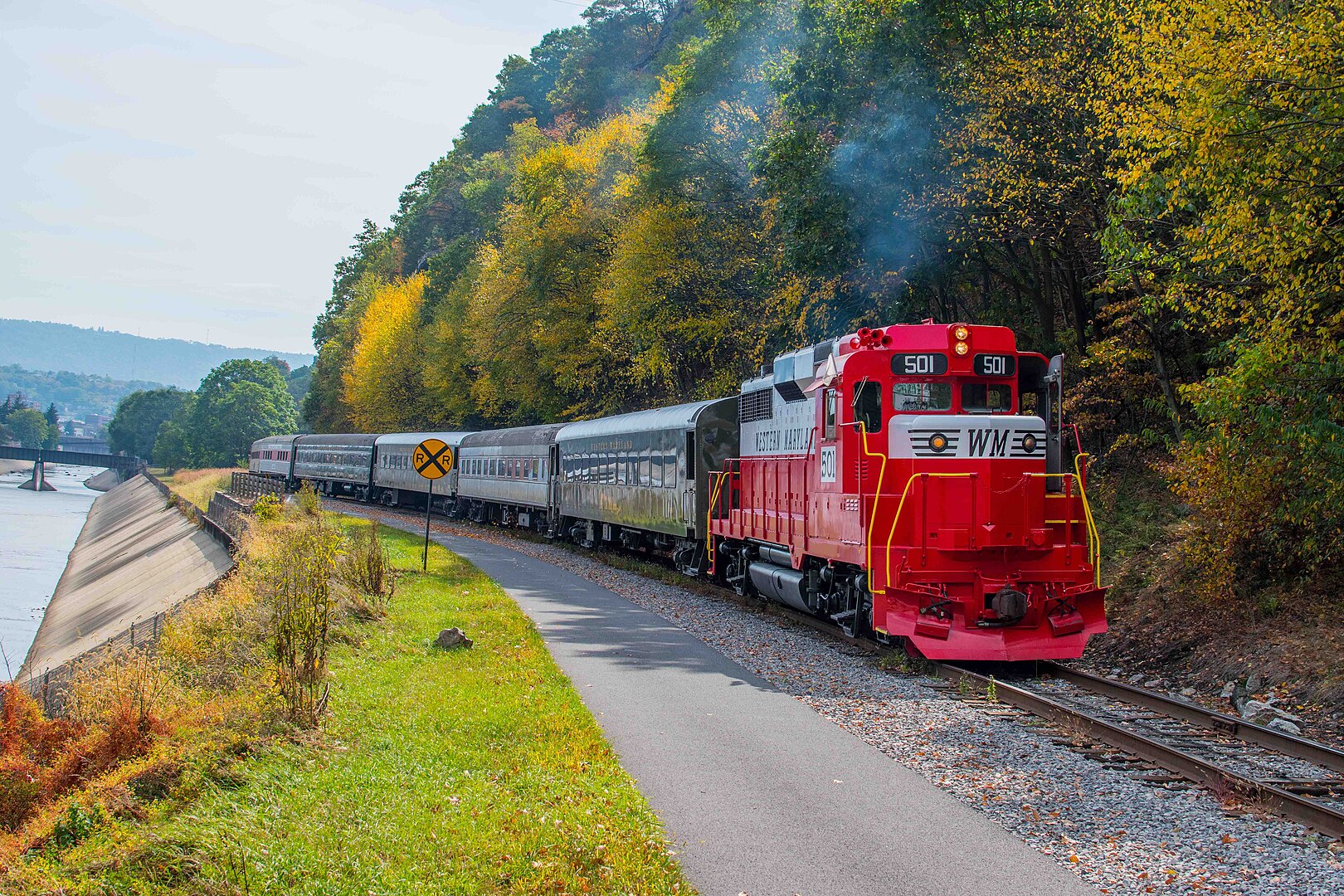
At Cumberland, Maryland, Lewis turned west and went through a gap in the Allegany Mountains. In 1749, Delaware chief Nemacolin and Thomas Cresap made improvements to the pre-historic trail. George Washington (1754) and then General Braddock (1755) made further improvements during the French and Indian War. The road has been called Nemacolin’s Path, National Road, Cumberland Turnpike, and National Pike. Today’s U.S. Highway 40 and Alternate U.S. Highway 40 generally align with the road Lewis traveled.
For a unique experience, today’s traveler can enjoy the gap by train. The Western Maryland Scenic Railroad provides several different excursions: The Frostburg Flyer, Allegheny Mountain Dinner Train, Murder Mystery Dinner Trains, and the Polar Express Train Ride.
Email: info@wmsr.com
Phone: (301) 759-4400
Website: https://wmsr.com/
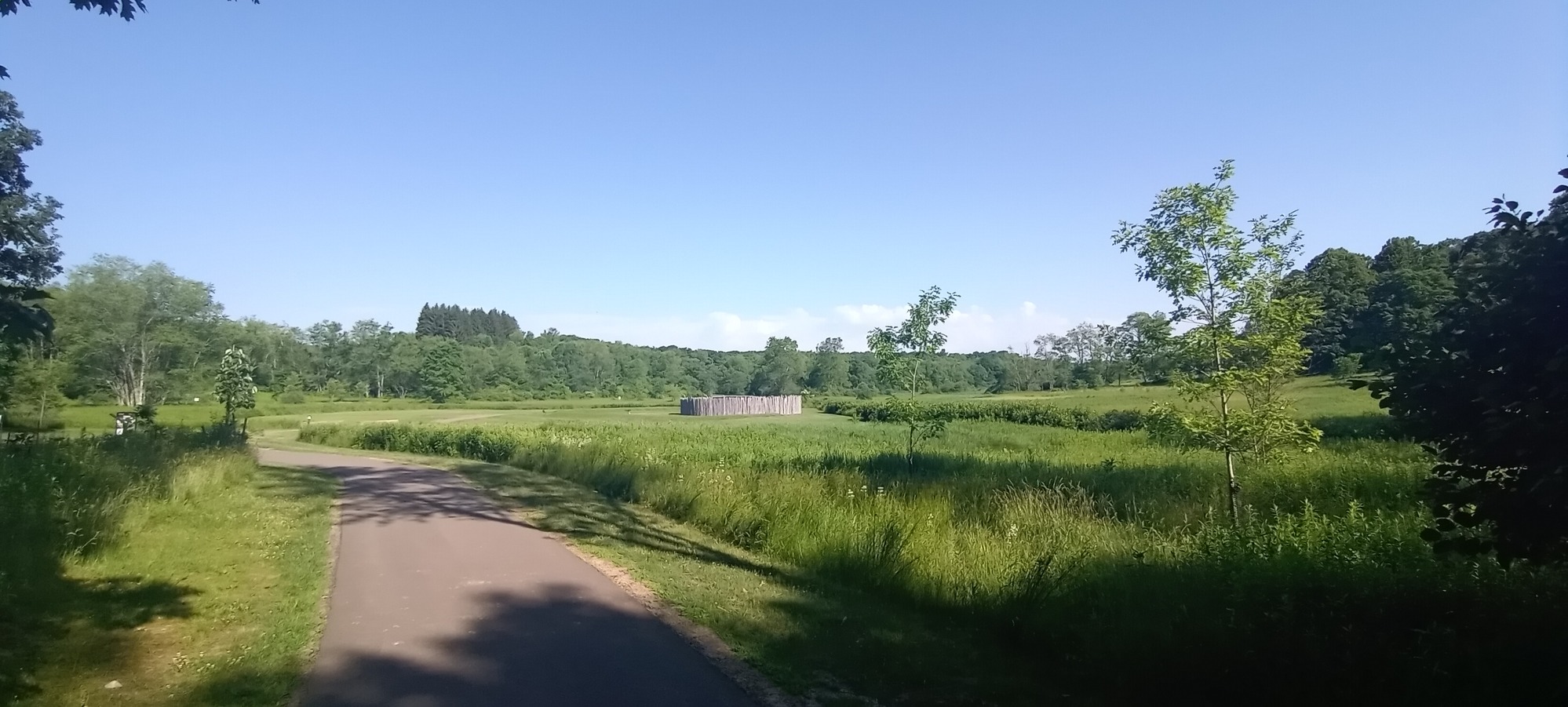
At the Battle of Fort Necessity on 3 July 1754, Colonel George Washington surrendered his British colonial forces to the French and Indians. He would save his reputation a year later at the Battle of Monongahela, also known as Braddock’s defeat. Learn of the area’s history at The Fort Necessity National Battlefield operated by the National Park Service.
Allow 1.5 to 2 hours to see the fort and historic buildings, and another hour if you wish to visit the nearby Braddock’s Grave and Jumonville Glen.
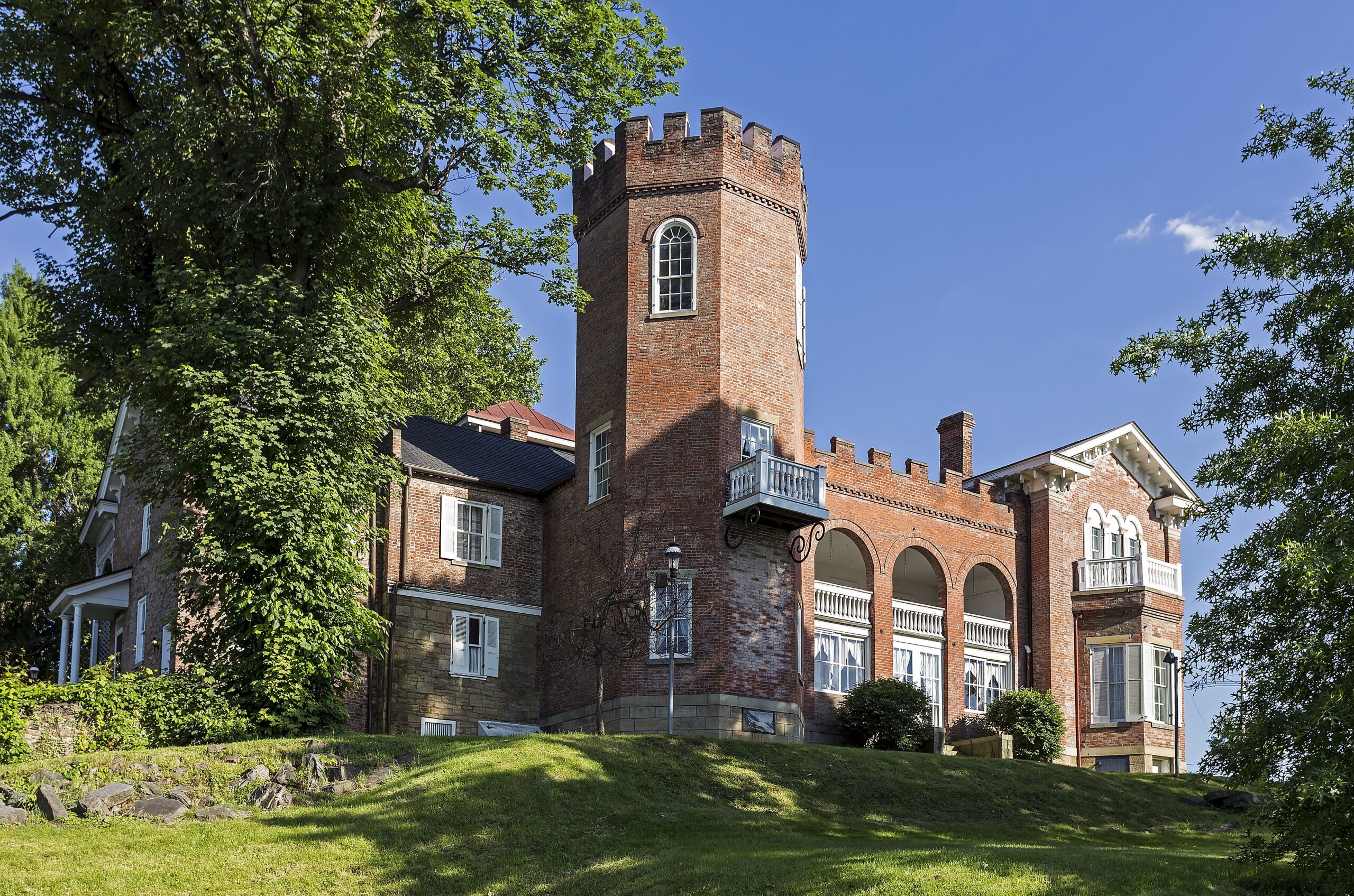
Having reached the Monongahela River, Nemacolin’s Trail stopped at the present site of Brownsville, Pennsylvania. The location has long been used for fortifications. Native Americans built earthwork mounds and colonists built Redstone Old Fort—a name for the area used by Lewis in his July 1803 itinerary.
Construction of Bowman’s Castle began in the 1790’s and the site contains part of Fort Burd which had been built atop Redstone Old Fort. Today, the castle is open to the public providing tours, a museum, and special events.
From Brownsville, travel was easier by boat. In Lewis’s day, the community built flatboats for travelers and traders. Lewis may well have hired a flatboat here to take him and his horse to Pittsburgh. Several roads lead to Pittsburgh, but the modern traveler may have difficulty hiring a boat as Lewis likely did here.
https://www.nemacolincastle.net/
136 Front Street, Brownsville
724-785-6882 or contact@nemacolincastle.net
Our bi-weekly newsletter provides news, history, and information for those interested in traveling along along the Lewis & Clark Trail.